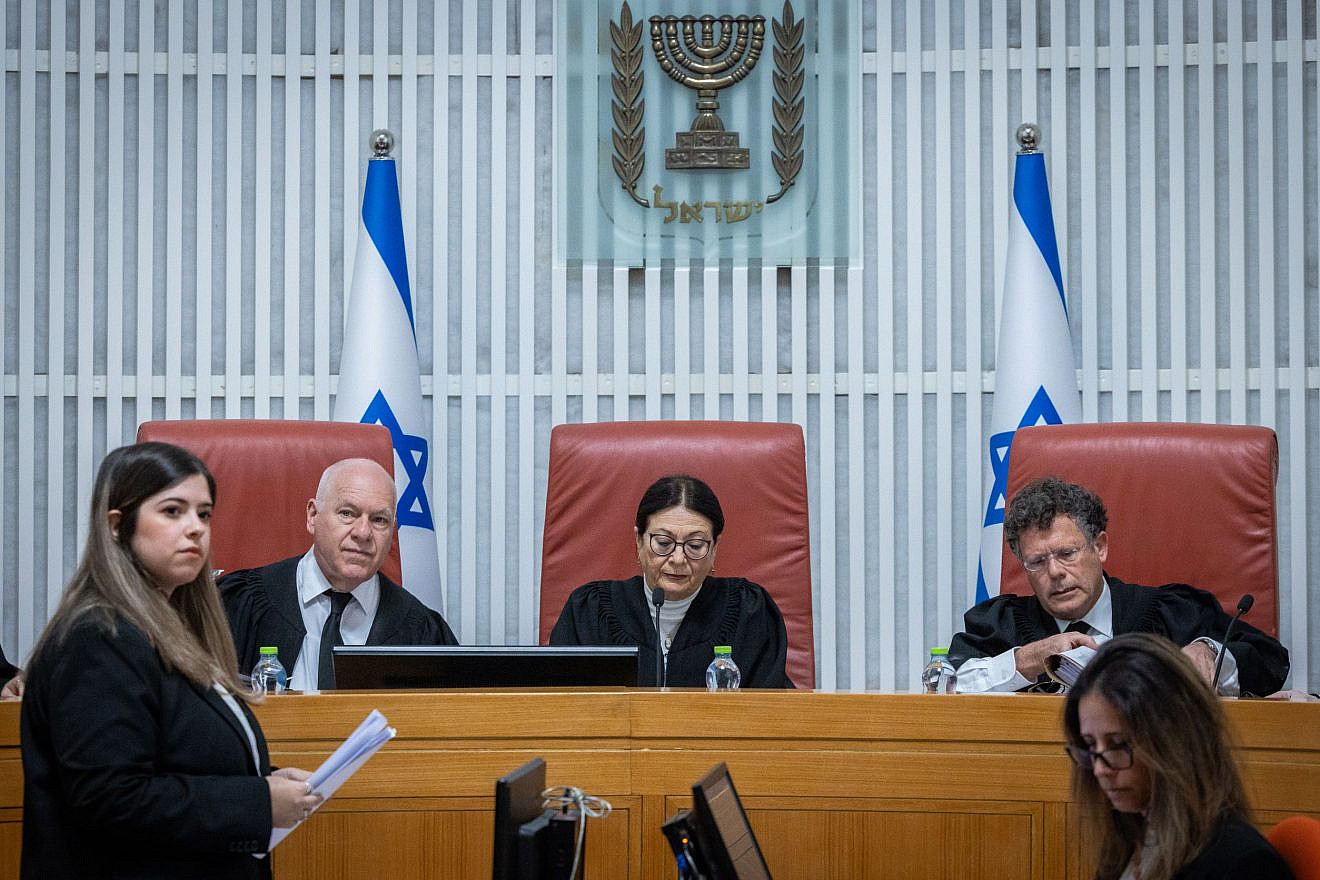Israel’s Supreme Court has decided to hear petitions against the “reasonableness law” that the Knesset enacted this week, with a court date set for September, according to the NGO Movement for Quality Government in Israel.
While scheduling a hearing, the court did not go as far as to issue an emergency injunction against the law, as several of the seven petitioners had requested.
“We are ready. We will appear at the Supreme Court to defend Israeli democracy and do everything we can to stop the judicial coup,” the Movement for Quality Government’s Chairman Eliad Shraga told local media. “We will continue to protest and fight everywhere and from every podium until the threat is removed.”
Israeli Prime Minister Benjamin Netanyahu’s government will have to file its response 10 days before the hearing, which is scheduled for after the court’s summer recess.
On Monday afternoon, all 64 members of Netanyahu’s governing coalition voted into law a bill to restrict judges’ use of the “reasonableness” standard. The amendment to Basic Law: The Judiciary bars “reasonableness” as a justification for judges to reverse decisions made by the Cabinet, ministers and “other elected officials as set by law.”
The bill formally came into effect on Wednesday morning, the Knesset Constitution, Law and Justice Committee announced.
Netanyahu has confirmed reports that the coalition would seek a broad agreement on the rest of the judicial reform package over the summer break, which starts on July 30.
“We all agree that Israel must remain a strong democracy, that it will continue to protect everyone’s individual rights, that it will not become a halachic state,” the prime minister said on Monday in an address to the nation, using the term for Jewish law.
Separate from the petitions against the “reasonableness law,” opposition leader Yair Lapid of the Yesh Atid Party this week asked the court to order Justice Minister Yariv Levin to convene the Judicial Selection Committee, which is responsible for appointing new justices to the Supreme Court. Lapid’s petition will also be heard in September, he said on Wednesday.
Meanwhile, the security details of multiple Israeli government ministers have been boosted amid intensifying protests against the judicial reform plans.
Ahead of Monday’s vote, the threat level for some coalition members was raised to “yellow,” Ynet reported, which means they are accompanied by multiple bodyguards whenever they go out in public. Levin now receives the highest level of security, the report said.
In a video published on Tuesday, Israel Defense Forces Chief of Staff Lt. Gen. Herzi Halevi publicly addressed the anti-reform protests, which have also rocked the army in recent weeks.
“Even for those who came to the decision with a heavy heart not to report for reserve duty, the IDF needs you,” Halevi said. “Only together are we able to protect the State of Israel.”
In light of the developments in the military, members of the Knesset Foreign Affairs and Defense Committee have received an invite to a classified briefing with Defense Minister Yoav Gallant that will address the IDF’s battle readiness, Channel 12 news reported on Wednesday.


























